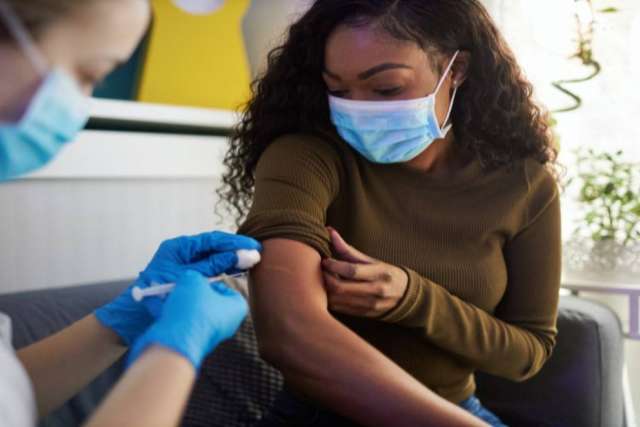Dear Doctors: I’ve been seeing a lot of news stories about whooping cough. Is there really another illness that we need worry about? What is whooping cough, and how do you get it? What is the treatment? I thought this was something that had pretty much gone away.
Dear Reader: Whooping cough is a highly contagious upper-respiratory infection. Also known as pertussis, it poses a particular threat to infants.
You’re hearing about it right now because the disease is on the rise. As of mid-September, there have been more than 14,500 confirmed cases of whooping cough in 2024. That’s more than four times higher than at this same time last year. The illness is also spreading at its fastest rate in five years.
The precautions observed throughout the COVID-19 pandemic led to a marked decrease in several common upper-respiratory infections, including whooping cough. However, now, with those safeguards largely relaxed, the United States is seeing a resurgence of those illnesses. Missed vaccines during the pandemic years, along with a recent increase in vaccine hesitancy, have led to a significant drop in protection against the disease.
Unlike the flu, the common cold and COVID-19, which are all caused by viruses, whooping cough is a bacterial illness. The culprit is a type of bacteria known as Bordetella pertussis. It typically spreads via the droplets emitted when an infected person coughs or sneezes. It is also possible to become infected by touching a surface contaminated with live bacteria, and then touching your nose or mouth.
Symptoms of whooping cough, which range from mild to severe, begin anywhere from five days to three weeks after exposure. The disease often begins with a runny nose, watery eyes, slight fever, sneezing and a sore throat. The distinctive cough that gives the disease its name usually appears about a week later. The Bordetella pertussis bacteria binds to and paralyzes the cilia, which are the fine, hairlike structures that line the airways leading to the lungs. This not only permits the buildup of mucus, but leads to inflammation that causes the airways to swell. The end result is a deep, hacking and frequent cough that can last for several months.
Infants 1 year old and younger are at highest risk of infection. They are also more likely to develop severe illness, which can require hospitalization. Older adults, people with preexisting health conditions and those with compromised immune systems are also at increased risk. Some people who become infected may not get sick at all. However, even without symptoms, or only mild illness, they remain infectious and can spread the disease for at least two weeks.
Treatment typically focuses on several antibiotics that target the bacteria. In order to be effective, though, treatment needs to begin as soon as possible after infection. Unfortunately, nonprescription cough medications are not effective in easing the hacking cough.
Vaccination remains the best safeguard against whooping cough. Vaccines known as DTaP and Tdap are effective against a trio of targets: whooping cough, diphtheria and tetanus. It is important not to allow these to lapse.
(Send your questions to [email protected], or write: Ask the Doctors, c/o UCLA Health Sciences Media Relations, 10960 Wilshire Blvd., Suite 1955, Los Angeles, CA, 90024. Owing to the volume of mail, personal replies cannot be provided.)





